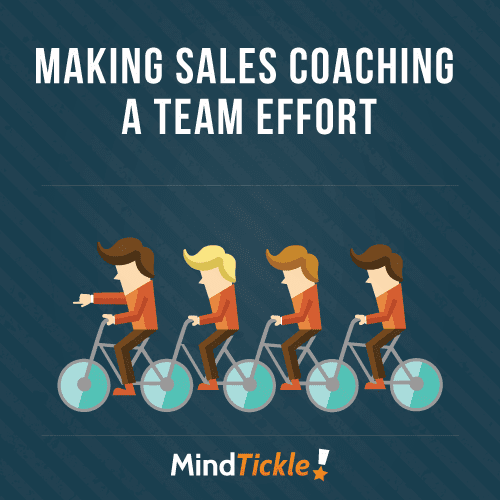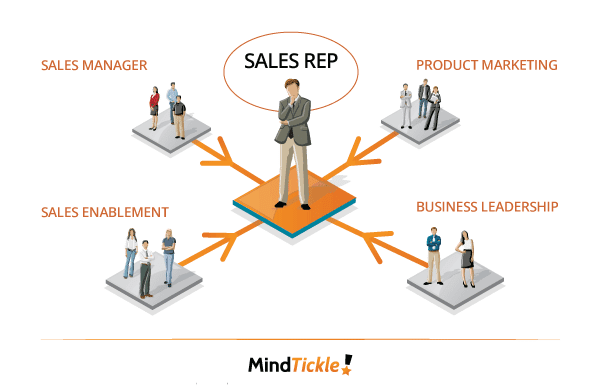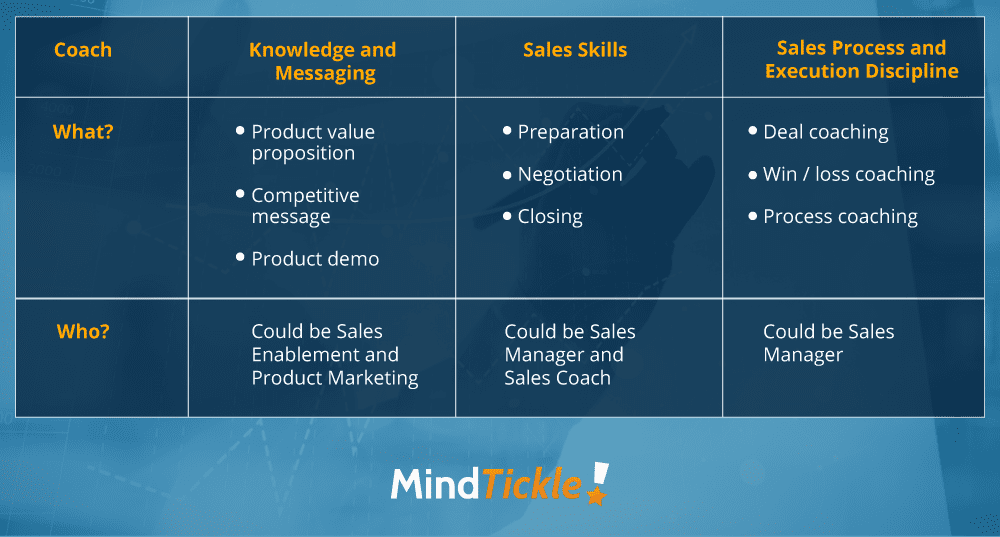 No athlete is perfect. Each has their own unique skills and areas that they can improve upon, that’s why even elite athletes need a team behind them. Usain Bolt is the fastest person alive but in the lead, up to the Rio Olympics (where he won his ninth Olympic gold medal), he credited his team led by coach Glen Mills as the strength behind his success.
No athlete is perfect. Each has their own unique skills and areas that they can improve upon, that’s why even elite athletes need a team behind them. Usain Bolt is the fastest person alive but in the lead, up to the Rio Olympics (where he won his ninth Olympic gold medal), he credited his team led by coach Glen Mills as the strength behind his success.
Mills has never been an elite athlete. He’s a
career coach
, one who has learnt the ropes from the ground up and trained in aspects of anatomy, agility, coordination and even talent identification to become the best in the business. Running may be an individual sport, but Bolt’s success is thanks to a team of experts from doctors to nutritionists to Mills, who all put his needs front and center.

Focus in on the target
Sales is no different. While achieving quota is up to the individual rep their success is a team effort. For each team, the focal point of their efforts starts and ends with the needs of the sales rep.


In order to stay on top of their game reps require sales coaching on three areas:


The mix of each of these disciplines that a rep requires will depend on a range of factors such as their industry, product and skill level. Each business will need to determine what is the appropriate blend of weighting that each need for their business. This then forms the basis for your sales coaching program. By structuring your coaching program you can take the risk out of your revenue forecasts. Research from The
Corporate Executive Board Company
showed that reps who received as little as three hours of coaching a month exceeding goals by 7%, boosted revenue by 25% and increased their average close rate by 70%. Without a structured program in place, your sales organization is leaving your revenue in the hands of fate.
Success is a team effort
While the manager plays an integral role in coaching a sales rep to success, they are not the only person involved in the process. Sales enablement and capability, sales coaches, leadership and product teams are becoming increasingly involved in the coaching process. Some actually take on the role of coach in some areas, while others help enable the sales manager so they can coach more effectively. Each and every role in the coaching process is important.
For example for some organizations their sales coaching framework looks like this:


With the roles of each stakeholder defined within the coaching framework, your subject matter experts have clear expectations of what they need to do. This also surrounds sales reps with a team who are all there to help them achieve success.
Having everyone on board is an important step towards creating a culture of coaching. To ensure the culture is entrenched it’s also necessary for coaches to be accountable.
Scott Erdinger
suggests some useful ways to reinforce the culture of coaching like establishing uniform expectations across every member of the team from the VP Sales down. This ensures both giving and receiving coaching is role-modeled by all. Highlighting those you are achieving is also effective, but the key here is not to just mention who they are but to also share what they did. This again helps role-model behavior and imparts knowledge to other reps. Finally, he suggests a carrot and sticks approach to accountability, where those who engage in the coaching process are rewarded and those who opt-out face consequences.
The mix of activities that are appropriate will depend on the nature of your team, its members and how entrenched sales coaching is in your organization. Like anything worth doing, coaching requires hard work, but the potential benefits to your team and topline are endless.








